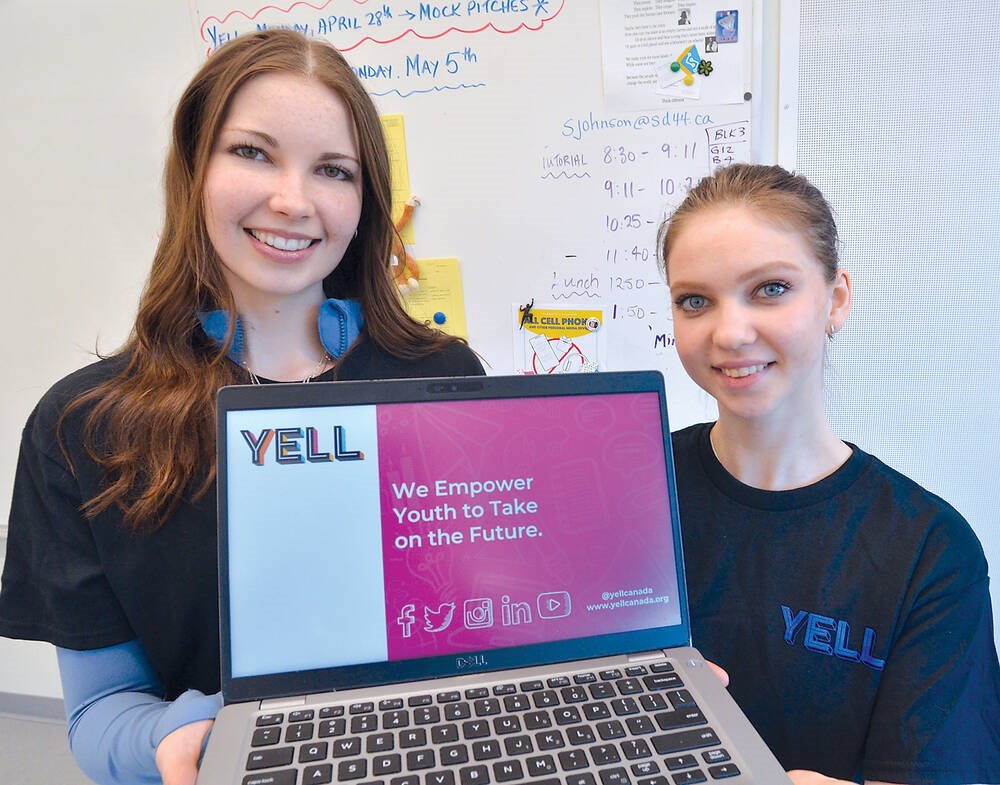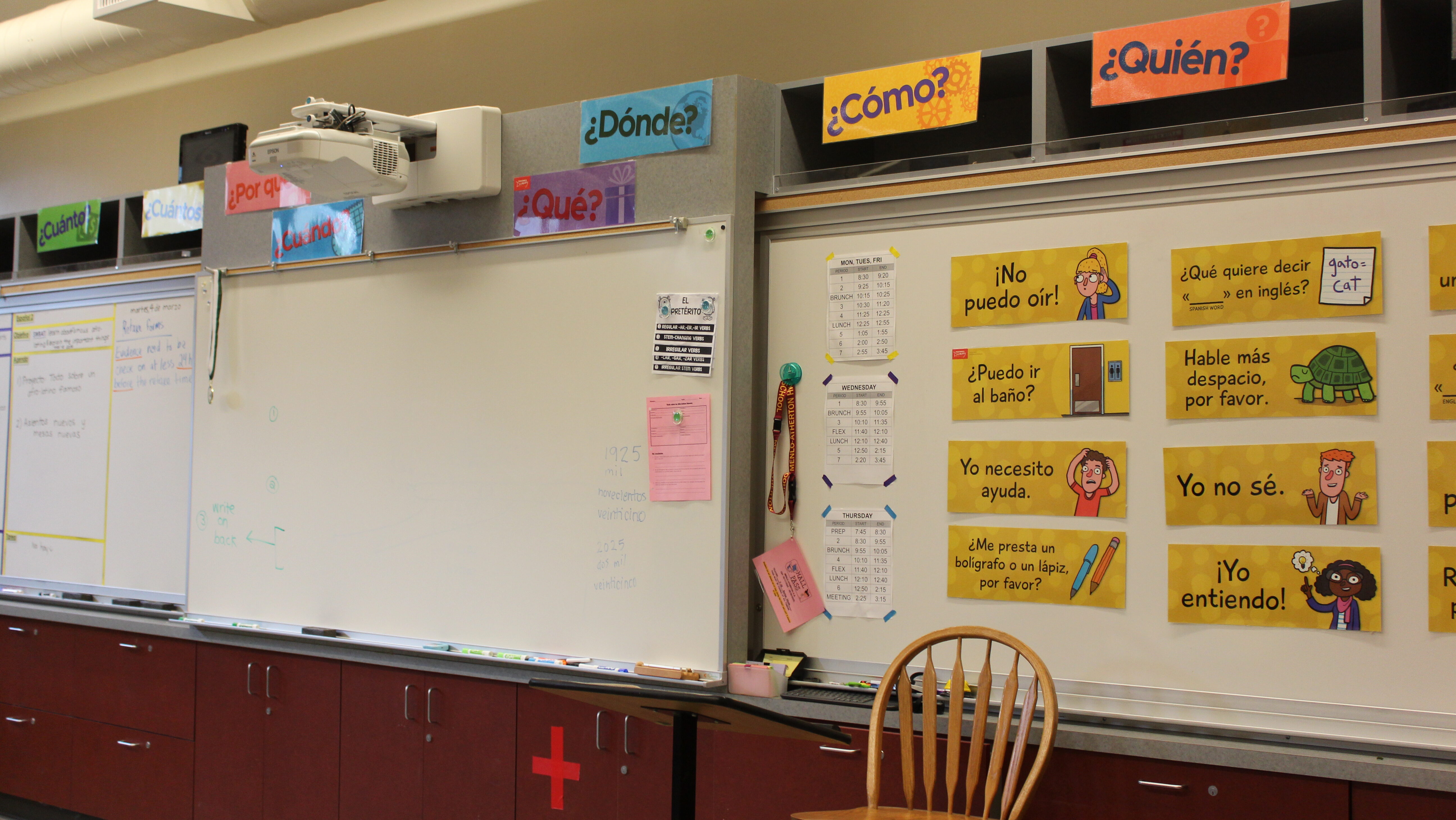Hispanic youth pave way through education, entrepreneurship | For Subscribers Only

Tyler is home to a growing Hispanic community hailing from Mexico, Central America and South America. Many Hispanic immigrants moved to Tyler to raise families. Now, their children are charting their own paths through education and skills they acquire as young business owners.
In the United States, 470,000 Hispanics were enrolled in post-secondary education in 1980. By 2019, this number grew to 3.8 million, according to a UT Tyler Hibbs brief by Manuel Reyes and Cecilia Cuellar from the UT Tyler Hibbs Brief.
The Hispanic community has grown 5 percent in the last 12 years, making up about 21% of the population in Smith County, according to the UT Tyler Hibbs Brief.
First-generation college attendees
For some in the Hispanic community, pursuing higher education means navigating uncharted waters — balancing cultural expectations, financial constraints, and the weight of breaking barriers. They navigate a complex landscape filled with cultural expectations, financial challenges, and the desire to break barriers.
Yet these students honor their families’ sacrifices while forging paths for future generations, turning dreams into reality one diploma at a time.

Selina Zacarias
“To me being a first-generation student it is a great significant achievement,” said Selina Zacarias, a student at Tyler Junior College. “Though it is very challenging, it is a journey filled with pride, resilience, and a promise of new opportunities, not just for me but for my family and especially to my younger siblings.”
Zacarias is the middle child of her family and the first to go to college. Her father has been her biggest supporter by encouraging her to further her academic pursuits. To navigate the college application process, she received invaluable support from one of her high school teachers, who helped Zacarias through each step, offering encouragement and assistance along the way.
However, Zacarias faced significant challenges during her transition to college, particularly being away from home, as her family means a great deal to her. Initially, it was difficult, but she overcame this hurdle by making friends and keeping herself busy.
“I wish that I would have known that it takes time to adjust being a college student,” Zacarias said. “That it is OK to be overwhelmed the first month of school and having to making new friends and meet new people.”
Another challenge was adjusting to college life.
“I come from a small town and school, so moving to the city and a bigger school environment was different,” she said. “I overcame it by getting myself (accustomed to) being around a bigger crowd.”
As president of the Hispanic Student Organization at TJC, Zacarias is proud to be able to embrace her culture on campus.
“I think being part of the Hispanic cultural background is important for my college experience because I am able to be who I am without fearing of being judged,” she said. “Being a part of this organization has helped me a lot with staying with my roots and being able to share it with other students.”
After graduation, Zacarias aspires to continue her education by attending law school to become a lawyer. She plans to give back to her community by collaborating with educational institutions to inspire the next generation about the importance of education and the opportunities it can provide.
“I hope that it impacts the rest of my younger family and that they hopefully would also want to go to college too,” she said. “That they can see that they can also do it.”
Areli Ruiz
For Areli Ruiz, the journey to college has been shaped by her family’s sacrifices and her own aspirations.
“I’m the oldest child out of four, and the first oldest grandchild that’s going to college,” said Ruiz, a second-year student at TJC. “My parents couldn’t afford college back then, and it was hard to be a parent (at) a young age. I want to accomplish (the) dream that they couldn’t.”
Her parents were instrumental during her registration day, helping her determine which classes to take first. Later, they had a family discussion about finances, reassuring her they would cover her education costs until she graduated.
“I couldn’t ask for (more) amazing parents … who also encourage me to never give up,” she said.
Adjusting to the demands of college life after graduating high school posed its own challenges for Ruiz, particularly with assignments due nearly every day. However, she overcame these obstacles with the support of TJC’s resources, including tutors and dedicated professors who were eager to help. Participating in the TRIO program further enhanced her experience, providing guidance that empowered her to navigate these challenges and succeed academically.
“I just started being part of this program and they have made my college career experience less stressful,” she said. “They have posted a lot of useful resources in classes that we need help on.”
The TRIO program is a federal program that was designed to support first-generation college students, low-income students, and students with disabilities. These programs include Upward Bound, Talent Search, and Student Support Services, all aimed at helping students succeed in higher education.
After high school, Ruiz realized her passion for mathematics and decided to focus on accounting, a field that would allow her to combine her love for numbers with her career aspirations. She plans to transfer to UT Tyler to pursue a master’s degree in accounting, something she looks forward to celebrating with her family.
“My cultural background is very important for me because it has shaped the person who I am today,” Ruiz said. “I want my family to see that I can accomplish this big milestone of my career. I have been strong from the beginning of (my) college career up until now.”
To other first-generation students, Ruiz offers this advice: “Never give up on your dreams, and move forward to the next chapter of your journey.” She encourages them to continue pursuing their goals and to become role models for the next generation.
Vanessa Trejo
For many first-generation college students, language barriers present a significant challenge, making it difficult to engage in classroom discussions, understand assignments, and connect with peers and professors. This obstacle can lead to feelings of isolation and anxiety, impacting their overall academic experience and confidence as they navigate their new environment.
“The language barrier was a significant challenge for me, especially since I only had spent a few years in the education system of the U.S.,” said Vanessa Trejo, also a student at TJC. “My English skills were not the best, and it was difficult for me to understand simple tasks.”
Trejo described herself as introverted, a result of past experiences where she faced laughter and discrimination while trying to connect with others. She felt scared to ask questions about college during her senior year, as she couldn’t seek guidance from her family or relatives. With not many people willing to help her or translate for her, Trejo often felt alone and overwhelmed — to the point where she felt like giving up.
Thankfully, with the support of friends and her college advisor, she was able to navigate the application process. The advisor introduced her to TRIO, which she found it to be an incredibly helpful organization, making the entire registration process much easier.
“I gained more confidence and was able to overcome this great challenge,” Trejo said. “It only takes one person to do millions. I am grateful for her and each of the individuals who supported me.”
Born in a small town in Guanajuato, Mexico, Trejo lived a simple but fulfilling life with her supportive family. Her father worked hard to secure their permanent residency, while her uncle, the only professional in her mother’s family, encouraged her to pursue her dreams.
“My cultural background has been a significant part of my life,” Trejo said. “The challenges and obstacles that I faced have taught me valuable lessons that I would not have learned otherwise. These experiences have helped me to appreciate the importance of multiple things in life and understand the value of resilience and perseverance. Without going through these ups and downs, I would not be the person I am today, and I would not have the same level of appreciation for my culture and heritage.”
After graduation, Trejo aspires to succeed in her field while giving back to her community. She aims to use her education and skills to make a positive impact and to be a supportive figure for others. Understanding that many people hesitate to seek help due to fear of judgment, she wants to create a safe space where everyone feels heard and valued.
“I want to make sure that I enjoy every moment of my life, whether it is good or bad, because I know that everything matters,” she said. “I am determined to do my best in everything I do and make the most of every opportunity that comes my way.”
Starting a business
For Hispanic entrepreneurs, having a business is a way to make their own way. Hispanic business owners represented 14.5% of business owners in 2022, a 13% increase from 2021, according to data from the United States Census Bureau.
As the Hispanic community continues to grow, young business owners are learning skills they can apply to their futures.
After Caldwell Arts Academy third-grader Luna Antunez, 8, saw her friend selling on TikTok live, she and her mom, Areli Antunez decided they would start selling too. Now Luna has her own business selling pens, keychains and more called Made by Moonlight.

Caldwell Arts Academy third-grader Luna Antunez, 8, poses with her mom Areli Antunez. Luna has her own business called Made by Moonlight. She sells pens with various characters. (Raquel Villatoro/Tyler Morning Telegraph)
Before Luna started her own business, they would support Luna’s friends’ business through buying their products online, which included pens and Disney Doorables. Instead of letting the Doorables accumulate, Areli suggested they start selling them.
Through Made by Moonlight, Luna has learned how to work with money, talk to people and have a schedule.
“I believe this has helped her,” Areli said. “It’s small, but it has helped her to interact with more people, to talk, because she is very timid.”
In between doing karate, being in a school play, playing soccer and having vendor fairs, Areli is there to help her daughter. When she has practice or a game, Areli goes in her place. Luna hopes to finish the school year with good grades.
Last year, around Halloween, Luna had her first vendor event. At her second event at Caldwell, she sold more.
“So from there, she started getting more and more motivated,” Areli said.
Since then, they have participated at various events downtown and at Bergfeld Park. When they go on vacation, Luna has her own money to spend. Last Christmas, she bought gifts for her family members. She bought her grandmother earrings. Areli encourages her to use her money how she wants.
Areli has raised her daughter to know she has Mexican roots.
“You were born here and are U.S. American… but your blood is Mexican,” Areli said.
Areli tries to ensure Luna knows about Mexican traditions and holidays. For Mexican Independence Day, Areli made pozole. For Dia de los Muertos, Luna likes to dress like La Catrina. She has shown Luna the national hymn for Mexico.
“It is beautiful to be Mexican,” Areli said. “Because one knows Mexicans always find a way to come out on the other side and carry on with things, whether good or bad. We always try to put on a kind face for people, everyone. We help each other.”
link





